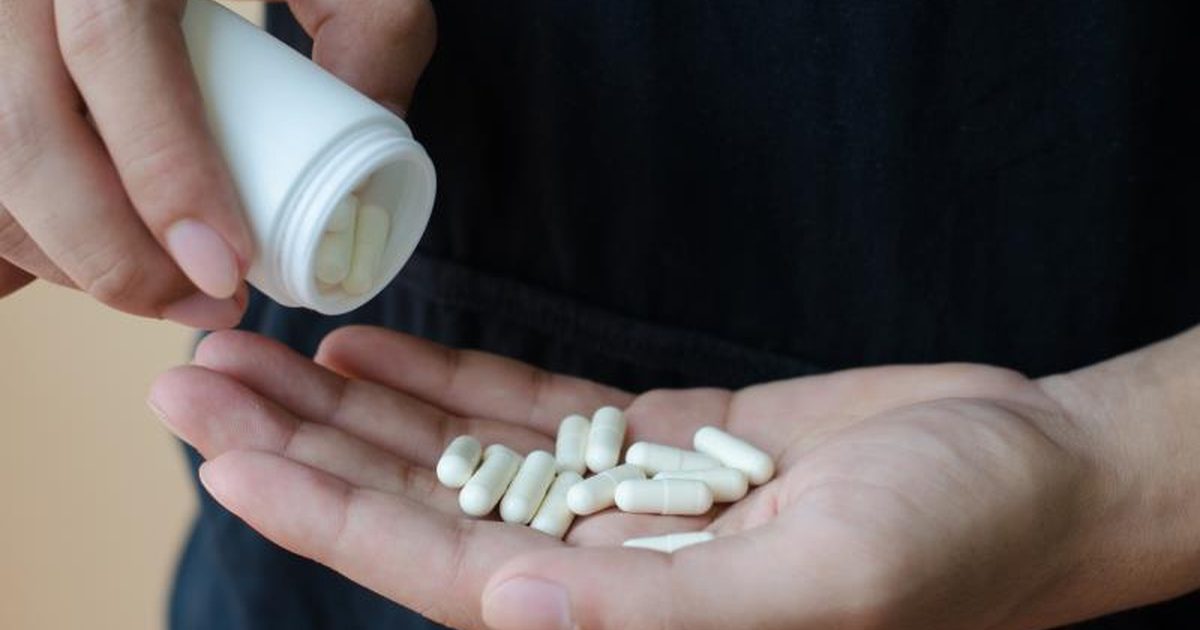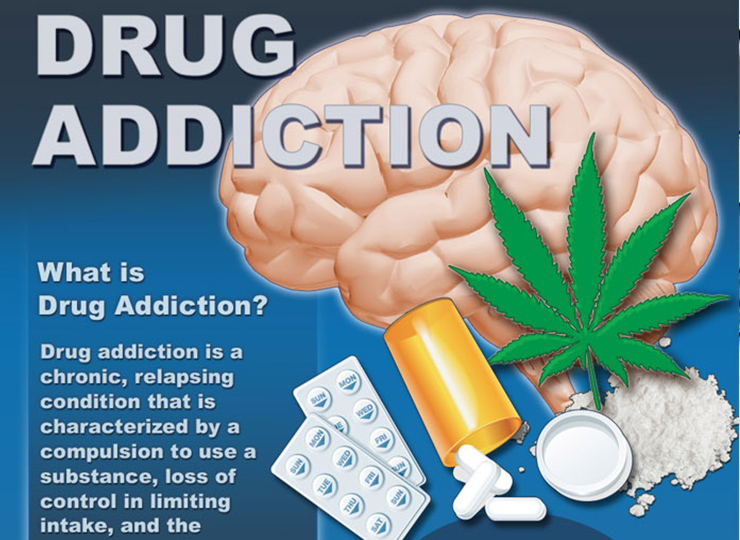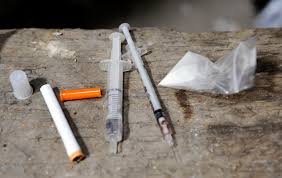Sexual affection and addiction effects

Sexual affection and addiction effects can not be put together if relationship is to remain mutual
Sexual affection and addiction effects: Why drug addiction is the enemy?
The escalation of drug addiction is getting rooted into the society daily and its effect is manifested in many areas of life including relationships. When we talk of relationships and addiction, a lot can be derived from this and so, for the purpose of this article, we want to focus our discussion on sexual affection and drug addiction effects on intimacy and sexual relationships. Speaking to doctor Dalal Akoury MD who is an addiction expert of several decades, it’s evident that for those who constantly abuse alcohol and drugs, are constantly facing serious problems in their sexual life something that can have serious complications in their relationship and sexual affection.
With alcohol and drug abuse in the picture under this circumstance, one of the most immediate casualties from substance abuse will be sexual intimacy. Because the substance of abuse is effective in mind alteration, it may not be possible for users of such drugs to maintain healthy relationships while under the influence of the same. And as the addiction takes tall in them, it will completely take over their life leaving no room for any other meaningful activity.
Therefore before any corrective measure is taken, the victim falls into illusion and self-absorption causing them to remain that way until they are treated and delivered from the scourge of addiction. According to the experts at AWAREmed Health and Wellness Resource Center, total recovery from addiction will automatically cause recovering patients to regain their ability to be active in their sexual intimacy and enjoy healthy sexual relationships.
Sexual affection and addiction effects: What is sexual intimacy or affection?
As we progress into this discussion, lets us understand what sexual intimacy really is. Broadly the word intimacy is a Latin word meaning inner. We can, therefore, say that it is the closeness or interpersonal relationships involving both physical and emotional intimacy.
Emotional intimacy can vary in degree and it refers to the closeness that people feel for one another while physical intimacy mostly refers to sexual and romantic contact. Progressively an intimate relationship is understood to include a number of elements like:
- Trust
- Where partners in a relationship will have widespread knowledge about each other.
- Partners in an intimate relationship will feel warmth, affection and care for each other.
- The expectation of the relationship will be long term.
- Persons in an intimate relationship may mean that those involved think in terms of us rather than me.
- Those involved in such a relationship will be committed to each other.
- There is an expectation that the other partner will treat them fairly.
- They share and agree mutually on many beliefs, experiences, and opinions.
Finally, doctor Akoury acknowledges that sexual intimacy is a special gift that one cannot afford to lose. That is why together with her team of experts when you reach out for help at this facility, your problems will not only be addressed professional but also with confidence. If this description suits your condition, we are very much ready and willing to help you have your health back and live it to the fullest.
Sexual affection and addiction effects: Why drug addiction is the enemy?
http://regenerativepotential.com/wp-admin









